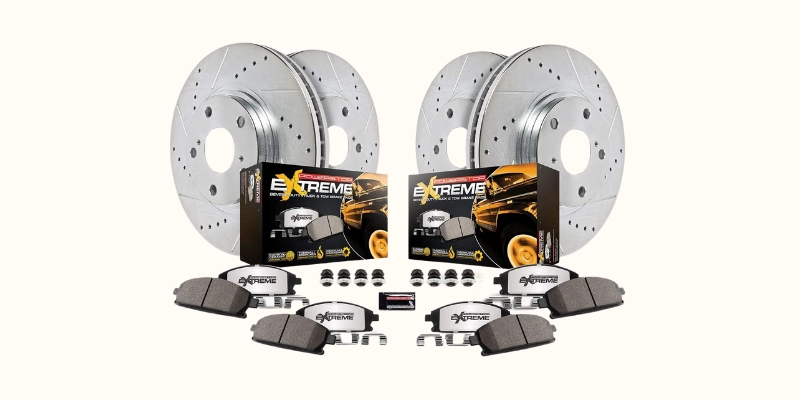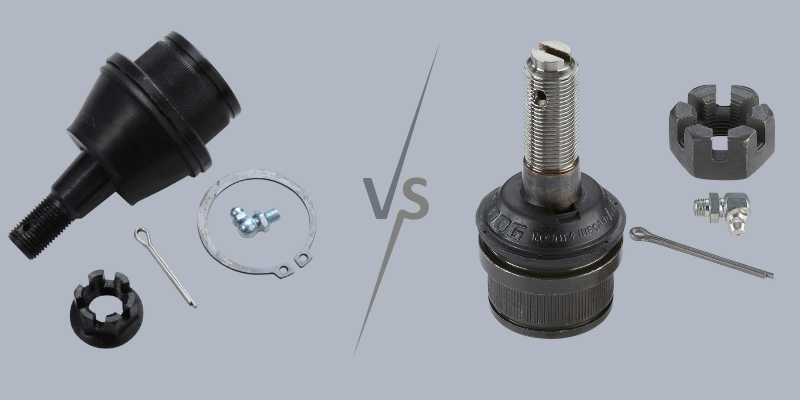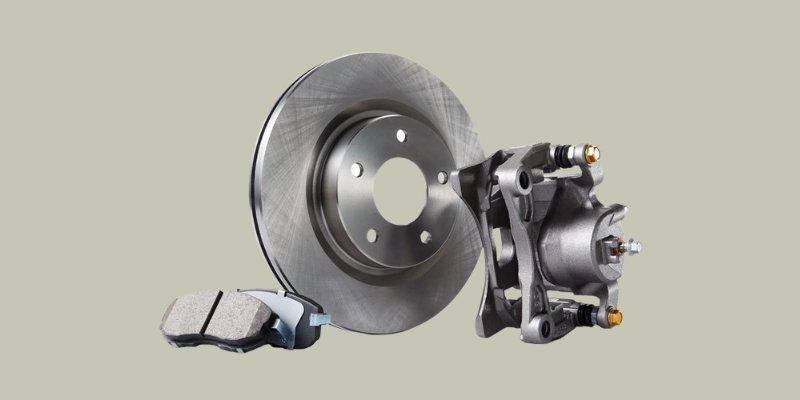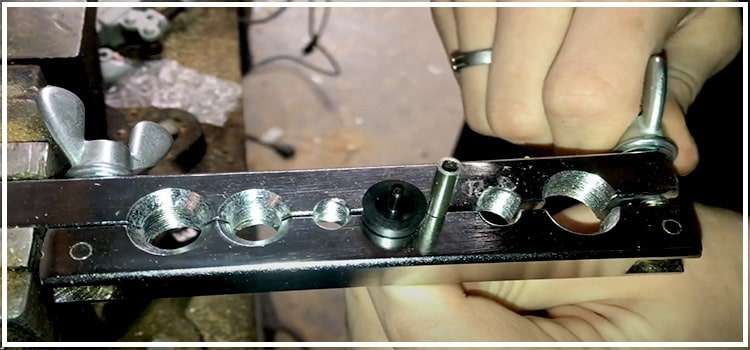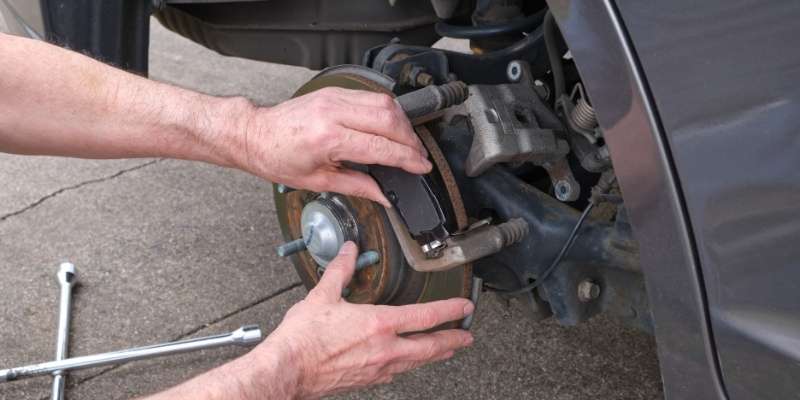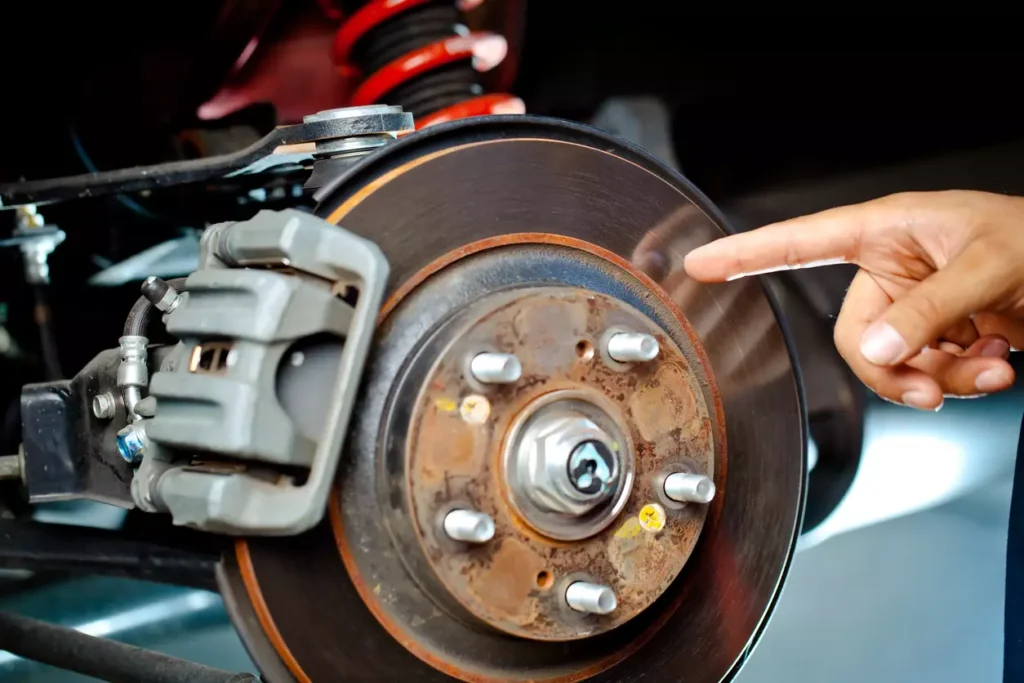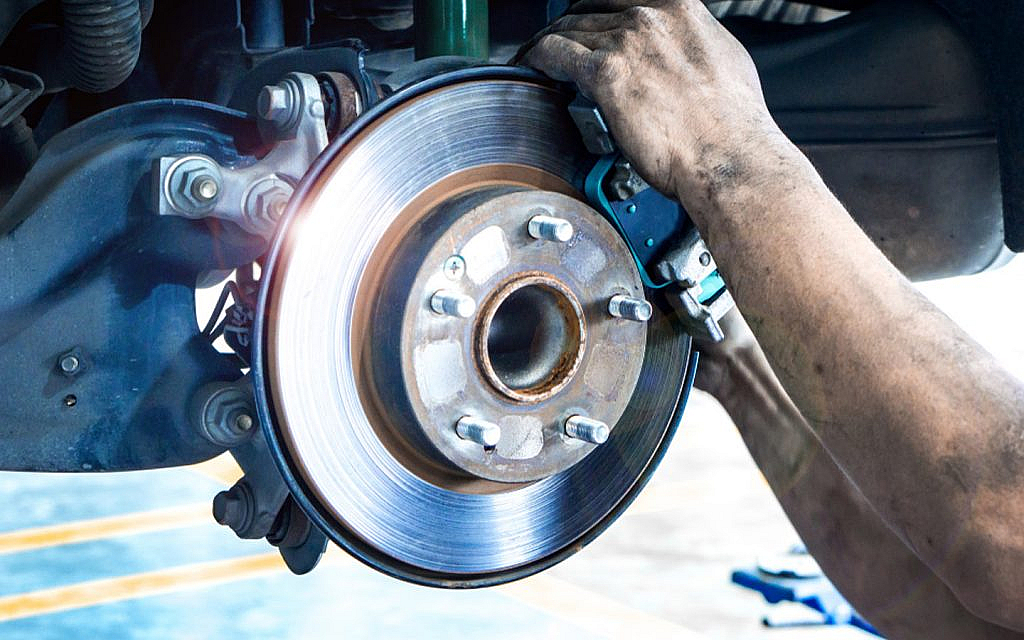Are you hearing some unsettling squeaking noises every time you step on the brakes?
Perhaps your vehicle’s braking performance has started to decline, and you’re beginning to wonder if it’s time for a brake line replacement.
It’s crucial to address brake issues promptly to ensure your safety on the road.
However, before diving into the world of brake line replacement, it’s essential to understand the associated costs and factors involved.
Now, we’ll explore the ins and outs of brake line replacement cost, shedding light on various aspects to help you make informed decisions.
Factors Influencing Brake Line Replacement Cost
Several factors play a significant role in determining the cost of brake line replacement.
Understanding these factors will help you anticipate potential expenses and evaluate different options effectively.
Let’s delve into them:
1. Vehicle Make and Model
Different vehicles have unique brake systems and varying complexities. Consequently, the cost of replacing brake lines can vary significantly depending on the make and model of your vehicle. Higher-end or luxury cars may have more sophisticated brake systems, resulting in higher replacement costs compared to standard vehicles.
2. Type of Brake Line
Brake lines can be made of different materials, such as steel, copper, or rubber. Steel brake lines are the most common and durable option, while rubber lines are less expensive but less durable. Copper lines, on the other hand, are often used in high-performance vehicles due to their excellent heat resistance. The type of brake line you choose will impact the overall cost of replacement.
3. Brake Line Length and Quantity
The length and quantity of brake lines needed for replacement also affect the cost. Vehicles with longer brake lines or those requiring a larger quantity of lines may incur higher expenses. It’s important to note that brake line replacement is typically done for the entire system to ensure optimal performance and safety.
4. Labor Costs
Labor costs can vary depending on the mechanic or repair shop you choose. Different locations and service providers may have varying labor rates, which can influence the overall brake line replacement cost. Additionally, the complexity of the job, including the accessibility of brake lines and other components, may affect the amount of labor required and subsequently impact the cost.
5. Additional Parts and Repairs
During a brake line replacement, it’s not uncommon for other components to require attention as well. For instance, if brake calipers, hoses, or fittings are damaged or worn, they may need to be replaced or repaired, adding to the overall cost. It’s crucial to consider potential additional expenses when estimating the brake line replacement cost.
Common Facts about Brake Line Replacement Cost
To further enhance your understanding of brake line replacement cost, let’s explore some common facts and their brief explanations:
1. Average Brake Line Replacement Cost
On average, brake line replacement can range from $150 to $300 per axle, including parts and labor. However, the cost may be higher for vehicles with more complex brake systems or specific requirements.
2. DIY vs. Professional Replacement
While some car enthusiasts with mechanical expertise may opt for DIY brake line replacement, it’s generally recommended to seek professional assistance.
Proper installation and precise brake line bleeding are critical for optimal performance and safety.
3. Potential Cost Saving Measures
To reduce brake line replacement costs, you can consider sourcing parts from reputable aftermarket suppliers.
However, it’s important to ensure the quality and compatibility of these parts to avoid compromising safety.
4. Regular Maintenance and Inspection
Routine maintenance and periodic brake system inspections can help identify potential issues early on, minimizing the need for extensive brake line replacements and associated costs.
5. Warranty Coverage
If your vehicle is still under warranty, certain brake line repairs or replacements may be covered by the manufacturer or extended warranty provider.
It’s important to review your warranty terms to determine if brake line replacement falls under the coverage.
6. Brake Line Material and Durability
Choosing high-quality brake lines made of durable materials, such as stainless steel, can increase their lifespan and reduce the frequency of replacements, ultimately saving you money in the long run.
7. Location and Repair Shop Variation
Brake line replacement costs can vary depending on your geographic location and the repair shop you choose.
Larger cities or areas with a higher cost of living may have higher labor rates, affecting the overall cost.
8. Emergency Repairs vs. Planned Replacement
In some cases, brake line failures may occur unexpectedly, requiring immediate emergency repairs. These situations may incur additional costs due to urgency and limited repair options.
9. Dealer vs. Independent Repair Shops
Dealerships often have higher labor rates compared to independent repair shops.
However, they may have specialized knowledge and access to OEM parts, which can affect the overall cost of brake line replacement.
10. Preventive Brake Line Maintenance
Proper maintenance, such as regular brake fluid flushes and inspections, can help prolong the lifespan of your brake lines.
It’s essential to follow the manufacturer’s recommended maintenance schedule to prevent premature wear and damage.
Note:
By understanding these common facts, you can approach brake line replacement with greater confidence and make informed decisions that align with your budget and safety needs.
Final words
As we’ve explored in this comprehensive analysis, several factors influence the cost of brake line replacement.
The make and model of your vehicle, the type and quantity of brake lines needed, labor costs, and additional repairs all contribute to the overall expense.
It’s crucial to prioritize your safety and consult with professionals when considering brake line replacement.
Remember, the cost of brake line replacement is a worthwhile investment in your safety on the road.
Promptly addressing brake issues and maintaining a well-functioning brake system ensures reliable stopping power and peace of mind during your journeys.
So, if you’re experiencing brake problems or suspect issues with your brake lines, it’s advisable to consult a trusted mechanic or repair shop.
They can provide an accurate assessment of the situation, guide you through the replacement process, and help you understand the associated costs.
By being proactive and knowledgeable about brake line replacement cost, you can navigate this aspect of vehicle maintenance effectively and make informed decisions that prioritize your safety and the longevity of your vehicle’s braking system.
Recommended Reading:
 Skip to content
Skip to content
